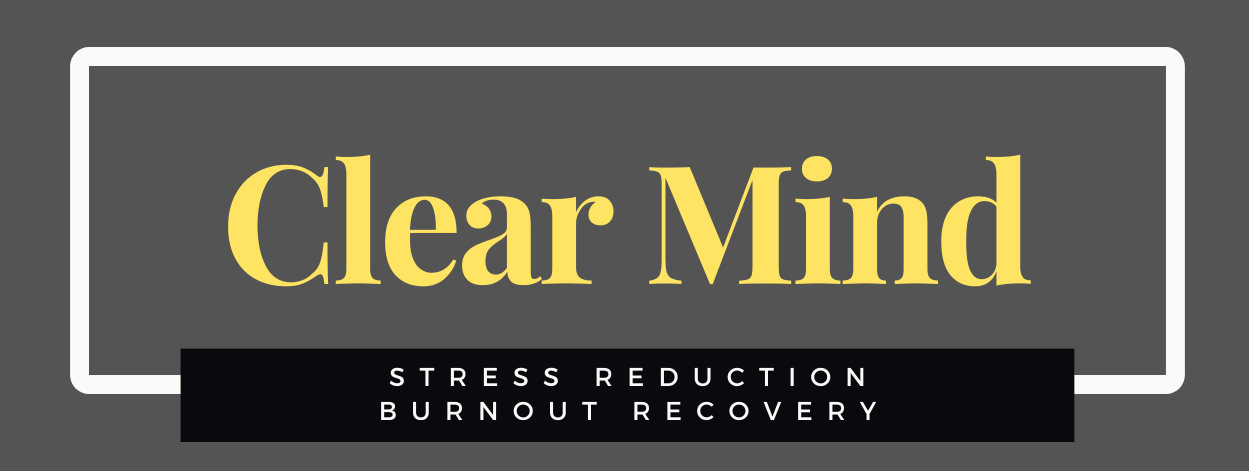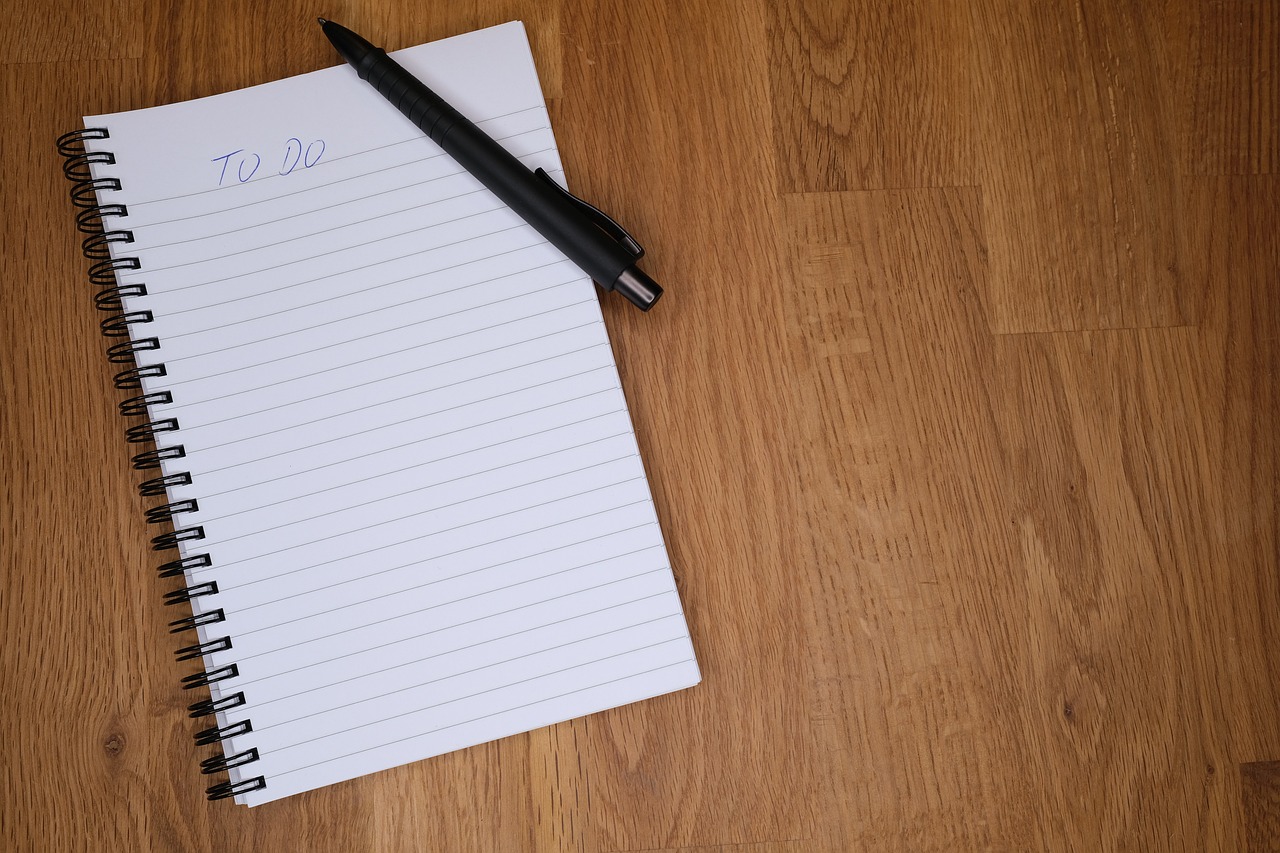
The 'To-Do' Of The To-Do List
Do you have a ‘to-do list?’ Many of us do, us included! Sometimes in therapy sessions when clients are recovering from burnout, we end up talking about their ‘to-do lists’. And as we do this, we often see the tension rise in their bodies. Sometimes they ask, ‘do I have to give up my to-do list to recover from burnout?!’
The short answer is, no! To-do lists can be great life tools and necessary productive functions but like all tools they work best when used in a way that is helpful and has more positive features than negative ones. If it is leaving you overwhelmed and avoiding it, you may need to change how you do it.
Whether you have a system that works or not, we think it is always helpful to take a minute to examine how you do it and determine if there is anything you want to change or fine tune.

Things to think about with to-do list preferences:
Paper or electronic? Do you need to check off that item or does deleting feel just as satisfying?
One master to-do list or different lists for different parts of life? Advantages of different lists can be to help keep things organized but disadvantages may be the confusion from having too many lists!
What time period works best for your list? Do you want a daily one? Weekly?
Do you want it to include deadlines?
Do you want it to include large overarching tasks or break down the large task into smaller ones?
o Most brains respond better to breaking down tasks into smaller action-based bits because it seems less overwhelming and overall, more approachable. For example, if the task is to get groceries, the first item on the to-do list could be make a grocery list.
Do you have one or two priority tasks that are very important for that particular day/week?
o Identifying a priority task can sometimes help us start when a list is long and is good practice in accepting that most of us do not check off all our to-do list items.
Does your to-do list have a fun or ‘caring for you’ item on it? An intention not related to work?
o This can be a hard one. Household or work tasks can overwhelm a to-do list but putting something fun or healthy (e.g., read my book, go for a walk) speaks to you working towards a life that reflects all of you, whether the task gets completed or not.
Does your to-do list have an ‘easy to complete’ item on it?
o An easy to complete item can get our motivation ball rolling when we are struggling to get going.
Then the hard parts, how do you feel and what are you thinking when an item doesn’t get completed? This can be a place for your critical self to get active and try to attempt to motivate you to do better by being negative and igniting feelings of guilt. This can be a space to notice these feelings and be curious and gentle with them.

Here are our to-do lists preferences
Christine’s to-do list choices:
-On paper! I do many things digital, but nothing feels better than a check mark in pen
-I have a rolling daily list that just carries forward to the next day
-No deadlines, I like to keep those in my head
-I mix home and work tasks together and only create a separate list if I have a big project that requires a separate list
Emily’s to-do list choices:
-I have 2 of them and do both electronic and paper. The electronic one is for work and paper is for personal items
-I keep a longer-term/weekly to-do list and a shorter-term, daily list
-Once I make my daily list, I reduce it by 10-15%. It helps me to avoid over estimating and keeps my expectations more realistic.
